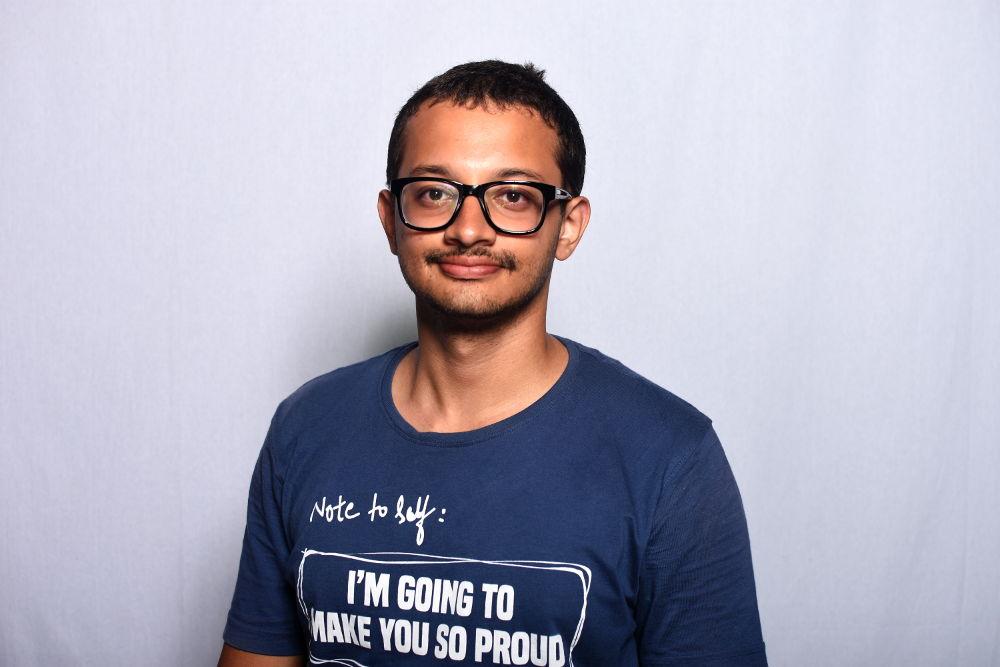If any of you have ever tried to locate India on the globe, you would have found it to be nearly diametrically opposite to the United States. So, along with the cultural differences in the two biggest democracies of the world, the American way of approaching a problem or setting up a system or policy is different from the Indian way, primarily because of different demography and diversity. Being an Indian adolescent in Raleigh, I have had the opportunity to study the differences in both of the countries.
One such difference is our transportation systems. The international students are mostly dependent on public transportation to commute here at NC State. The public transportation system of Raleigh, consisting of the Wolfline, GoRaleigh, GoCary and other bus services in the Go series are very well-maintained; however, with the exception of the Wolfline, the bus services are not reliable if an individual is working under a time constraint.
The applications such as TransLoc do not give accurate predictions for the arrival of the bus. The magnitude of the public transportation is much greater in India, perhaps because of the greater population density.
Moreover, in India, there are a lot of auto rickshaws which help people to commute, also providing employment for the lower middle class strata of the society.
In Raleigh, if an individual wishes to use public transportation, the only option is using the bus service as there are no autos. Still, the public transportation system is not as well-maintained in India as it is here. Therefore, in India it is easy to reach your destination on the defined time, but at the price of your comfort.
In Raleigh, the travel time is dependent on the arrival and departure of bus, but the journey will be more comfortable than in India.
Both of the countries are very diverse in terms of population and geography. While geographically they are similar — both have all types of landmasses and water bodies — the population diversity of the U.S. is different from that of India.
The U.S. has people of many different races as its citizens, with the majority identifying with the Christian religion. From my perspective as an international student, the U.S. is made up of diverse groups of people due to the migration of people to the U.S. over the past 50 years because of the promises it offers as a booming economy and better quality of life as compared to most other countries in the world.
Although India originally had two races: Aryans and Dravidians, diversity in India is primarily because of religion. Buddhism, Jainism, Hinduism, Sikhism, Islam and Christianity are the major religions present in the country.
Another difference between the two countries are their education systems. The school education is more rigorous in India than it is in the U.S., but at the same time, it is also more rigid, mainly because of less professional opportunities in India as compared to the U.S. and a limited number of career streams. It is true that the startup culture is changing this scenario quickly.
In the U.S. the school education is more flexible and provides young students with more opportunities to explore their passion and to build a career in their field of choice.
The college education in the U.S. is more research-oriented than the college education in India. Indian culture is more inclined towards jobs instead of innovation.
It is one of the drawbacks which weigh heavily on the development of the country. The undergraduate education does not lay the foundation for research which can propel students to pursue Ph.D.s and work on problems facing the society and country, which is a crucial differentiating factor in education systems of the countries. The same is the case with the graduate education in India.
My particular take on Raleigh as an Indian student abroad is that Raleigh is a very beautiful city and the local populace is very helpful and cooperative. The culture is very different from India; however, because of the timely and abundant guidance from the University and the helpful nature of people, I feel very comfortable in this city.
Moreover, the University has a research-oriented approach which suits me. While I have traveled a long way from a very different country, I feel very welcome and truly blessed to be in the City of Oaks and feel it does a great job welcoming new students.








